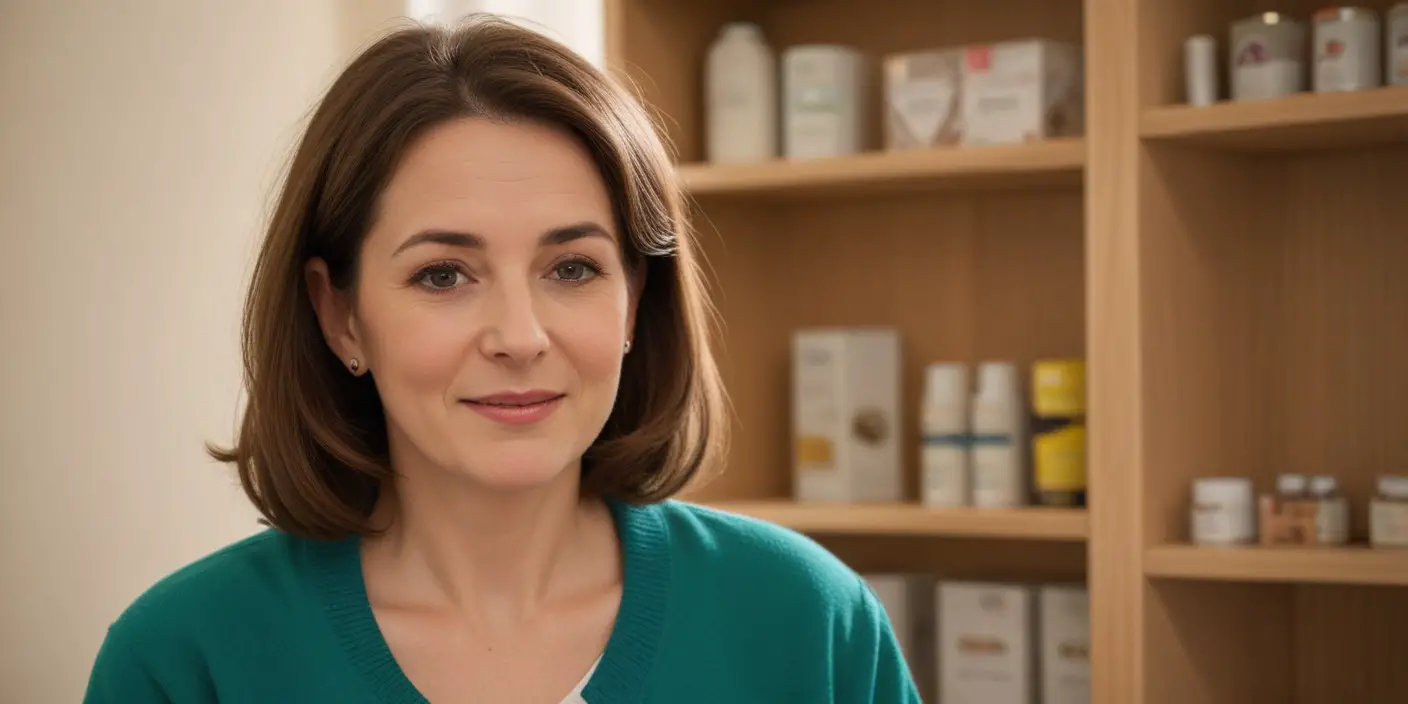
Reasoning in health and social care involves the essential thinking and decision-making processes used by professionals.
These processes ensure effective and person-centred care.
Reasoning is a mental process. Professionals use it to analyse situations, make decisions, and solve problems. It’s a logical way to figure out what’s happening and what to do next. In health and social care, reasoning ensures safe and effective care for individuals.
Types of Reasoning
Several types of reasoning come into play in health and social care. Each has a unique role.
Deductive Reasoning
Deductive reasoning starts with a general statement. Professionals use specific cases to support this statement. For example, “All diabetic patients need regular blood sugar testing.” When you apply this to an individual, you ensure they get the necessary tests.
Inductive Reasoning
Inductive reasoning works the other way. It starts with specific cases to form a general conclusion. If you notice that several patients with similar symptoms benefit from a new treatment, you might conclude the treatment is effective generally.
Abductive Reasoning
Abductive reasoning involves making the best guess based on incomplete information. It’s common in diagnosing illnesses. You might not have all symptoms, but enough to make a logical conclusion. For example, if a patient has a cough, fever, and shortness of breath, you might suspect a chest infection.
The Importance of Reasoning
Reasoning ensures quality care. It helps professionals understand each patient’s unique needs. This understanding leads to accurate diagnoses and effective treatment plans.
Safe Decision-Making
Reasoning allows for careful consideration of all aspects of a patient’s health. This leads to safer and more effective decisions. Professionals consider symptoms, medical history, and lifestyle. This comprehensive approach reduces risks and improves outcomes.
Personalised Care
Using reasoning, professionals tailor care to the individual. Standard treatments might not work for everyone. Understanding the person’s specific needs and circumstances allows for personalised, more effective care plans.
Interdisciplinary Collaboration
Reasoning aids communication and collaboration among different healthcare professionals. Each brings their expertise and perspective. Together, they use reasoning to develop the best care plan for the patient.
The Process of Reasoning
Reasoning in health and social care follows a structured process. This ensures thorough and accurate decision-making.
Information Gathering
The first step is to gather all relevant information. This includes medical history, current symptoms, lifestyle factors, and patient preferences. Accurate and comprehensive data forms the basis of good reasoning.
Analysis
Next, professionals analyse the information. They look for patterns, relationships, and inconsistencies. This helps identify potential problems and areas needing further investigation.
Hypothesis Formulation
Based on the analysis, professionals form a hypothesis. This is a likely explanation based on the information available. For example, a hypothesis might be that a patient’s cough is due to a chest infection rather than a cold.
Testing and Evaluation
Professionals then test the hypothesis. This might involve further tests, observations, or trying a treatment and monitoring outcomes. If the hypothesis is correct, the issue resolves or improves. If not, the professional re-evaluates the information.
Decision-Making
Finally, professionals use the evaluated hypothesis to make decisions. They decide the best course of action for treatment or intervention. The decision is based on evidence and logical reasoning.
Skills Needed for Effective Reasoning
Effective reasoning requires several key skills. Health and social care professionals need these to ensure safe and effective care.
Critical Thinking
Critical thinking involves analysing and evaluating information objectively. It allows professionals to question assumptions and consider different perspectives.
Problem-Solving
Problem-solving skills are essential. Professionals need to identify issues, understand their causes, and find practical solutions.
Communication
Good communication skills are essential. Professionals must convey their reasoning and decisions clearly to colleagues and patients. This ensures everyone understands the care plan and their role in it.
Empathy
Empathy helps professionals understand a patient’s perspective. This is important for personalised care. It involves listening and considering the patient’s feelings and preferences in decision-making.
Issues in Reasoning
Several challenges can affect reasoning in health and social care. Recognising these helps professionals address them effectively.
Incomplete Information
Sometimes, professionals don’t have all the information they need. This can make accurate reasoning difficult. In such cases, they rely on abductive reasoning and best guesses.
Time Pressure
Healthcare settings often involve time constraints. Quick decisions can be necessary, but might affect thorough reasoning.
Bias
Personal or systemic biases can influence reasoning. These might lead to incorrect assumptions or overlooked information. Awareness and essential thinking help mitigate bias effects.
Complex Cases
Some patients have complex health issues. Multiple conditions can interact in complicated ways. Effective reasoning in such cases requires thorough analysis and collaboration.
Final Thoughts
Reasoning in health and social care is a really important process. It involves gathering information, analysing it, forming and testing hypotheses, and making decisions. Different types of reasoning, like deductive, inductive, and abductive, play essential roles. Effective reasoning ensures safe, personalised, and comprehensive care.
While challenges exist, skills like essential thinking, problem-solving, communication, and empathy help professionals navigate them.
Understanding and improving reasoning processes lead to better health outcomes and more efficient care delivery.
Subscribe to Newsletter
Get the latest news and updates from Care Learning and be first to know about our free courses when they launch.





